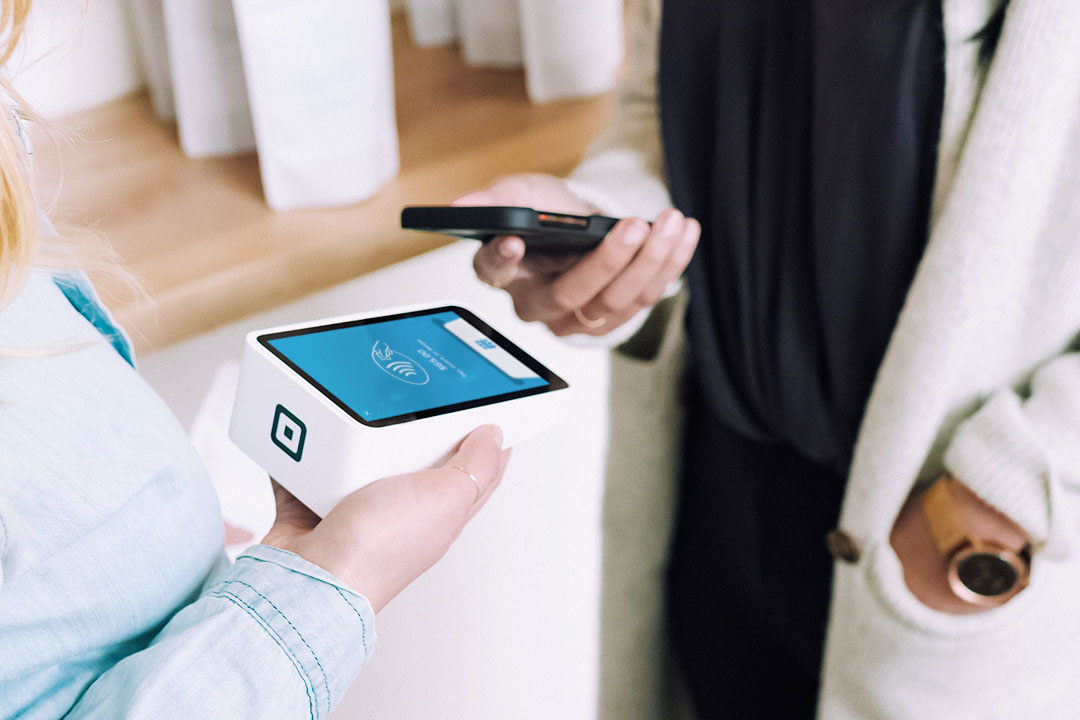Filipinos trust e-wallets despite issues

FILIPINOS continue to trust e-wallets and use them frequently for low-value transactions despite encountering issues with them in the past six months, a survey by Nomura Research Institute (NRI) showed.
“Despite issues encountered, consumers’ behaviors toward e-wallets remain positive among survey respondents. Filipino consumers display remarkable preference for e-wallets, undeterred by the issues encountered in the ever-evolving digital payment landscape,” NRI-Singapore-Manila Branch said in a statement on Tuesday.
NRI conducted an online survey of 477 e-wallet users from various age groups in Metro Manila from Sept. 10 to Oct. 9.
Of the 477 respondents, 40.9% said they encountered integration, technical, and security issues in their e-wallets in the last six months.
The three most commonly encountered issues were downtime, not receiving one-time passwords (OTP), and not being able to open the app.
Despite these issues, 55.4% of the respondents said they were using e-wallets more often than before, while 39% said they were using it at the same frequency as before.
According to the survey, the increase in e-wallet usage came on the back of their convenience versus traditional means of payment (70%), easier cash-in (59%), discounts (43%), and added security features (20%).
Almost all or 95% of the respondents who encountered issues also said they still trust e-wallets as a digital platform.
NRI said this is a product of necessity and convenience, as “the use of e-wallet has already become integral to consumers’ lives, motivated by wider adoption of e-commerce and digital financial platforms in the Philippines.”
Meanwhile, 52.6% said they would continue to use e-wallets at the same frequency as before, with the rest saying they expect to increase their usage.
The top uses of e-wallets, according to the respondents, were for sending money to family and friends (87%), paying online merchants (83%), and as an alternative to carrying cash for everyday purchases (61%).
The survey also showed Filipinos use e-wallets for low-value transactions, with 48% of respondents using e-wallets for transactions worth P1,000 to P5,000.
“Most of the average transactions are still less than P10,000. This can be attributed to (1) different preference for larger value transactions and (2) transaction limits imposed by e-wallet platforms,” NRI said.
Meanwhile, respondents who said they decreased their e-wallet usage said this was due to security issues (43%), more reliable traditional means (35%), difficult cash-in methods (26%), and the low adoption of cashless payments (9%).
“Despite developments, there are still a few that are concerned with their security while using e-wallets. Difficulty in integration and reliability are also key reasons why some have decided to use e-wallets less,” NRI said.
More than half or 53% of the respondents said the government has insufficient support for e-wallets.
Users noted it is difficult to file complaints for fraudulent activity and there is no penalty for loss or theft of money. There are also no sufficient tools to trace cyber criminals, they said.
Moving forward, users expect improvements in e-wallets related to insurance for lost money (68%) and stricter security policies and features (55%).
“It is clear that the appeal of these digital platforms far outweighs the occasional inconveniences experienced by users. Furthermore, consumers are expressing the growing preference for stronger security measures from e-wallet platforms, indicating an anticipation for more robust financial loss protection,” NRI said. — AMCS



